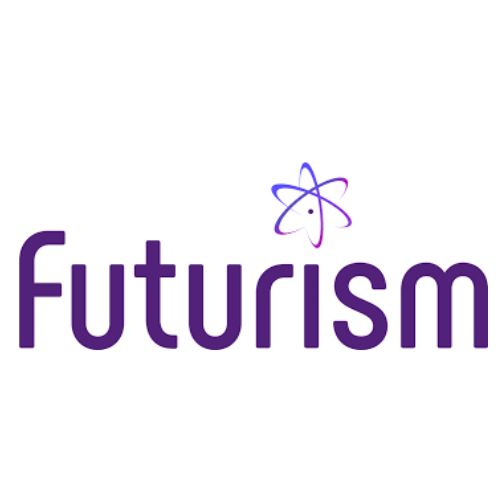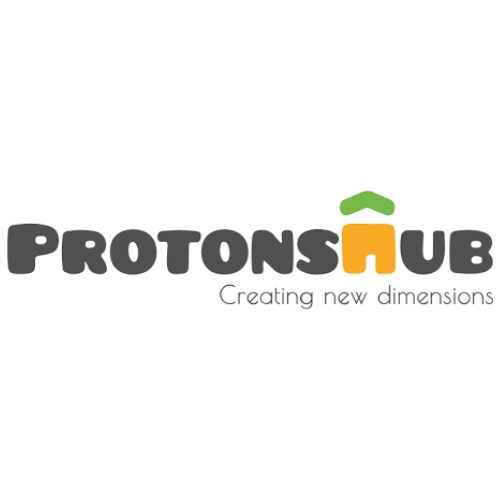
Top AI Agent Companies
The AI agent sector—encompassing autonomous software like chatbots, virtual assistants, and decision-making systems—is entering a period of explosive growth. From an estimated USD 7.92 billion market size in 2025, projections forecast a rapid climb to USD 236 billion by 2034, based on a vigorous ~45.8% CAGR .
AI Agent Companies specialize in developing autonomous or semi-autonomous systems that leverage artificial intelligence to perform tasks, make decisions, and interact with users or other systems. These companies create solutions such as chatbots, virtual assistants, intelligent process automation tools, and multi-agent platforms that can operate across industries. By integrating natural language processing (NLP), machine learning, and predictive analytics, AI agents can deliver personalized experiences, streamline operations, and boost efficiency. Leading AI agent companies cater to sectors like customer service, healthcare, finance, and enterprise automation, enabling businesses to achieve 24/7 operational capabilities, reduce costs, and improve decision-making through data-driven insights.
List of the Best AI Agent Agencies | Top AI Agent Companies in the World

-
Employees: 501 to 1000
-
Min. Project amount: $1,000+
-
Country: Indore, India

Flatirons
-
Employees: 10 to 49
-
Min. Project amount: $50,000+
-
Country: Boulder, CO

Eris360
-
Employees: 11 to 50
-
Min. Project amount: $10,000
-
Country: NY, USA

NirvanaXp Inc.
-
Employees: 51-100
-
Min. Project amount: $25000
-
Country: Henderson, NV

Designers X
-
Employees: 11 to 50
-
Min. Project amount: $10,000+
-
Country: Florida, United States
Discountcodez
-
Employees: 51 to 100
-
Country: Bedfordshire, United Kingdom

MaxelTracker
-
Employees: 51 to 200
-
Country: Canada

Biz4Group LLC
-
Employees: 51 to 100
-
Min. Project amount: $25,000+
-
Country: Florida, USA

Futurism Technologies
-
Employees: 501 to 1000
-
Min. Project amount: $25000
-
Country: USA, Germany, UAE, India, Australia

Protonshub Technologies
-
Employees: 101-250
-
Min. Project amount: $25000
-
Country: India
1.What Exactly Are AI Agents?
1. Definition of AI Agents
AI agents are autonomous or semi-autonomous software programs that can perceive their environment, process information, and take actions to achieve specific goals. They leverage artificial intelligence to analyze data, learn patterns, and adapt to changing scenarios.2. Core Examples of AI Agents
Chatbots – Respond to customer queries in real time.
Virtual Assistants – Tools like Siri, Alexa, or Google Assistant that help users complete tasks.
Multitasking Decision-Makers – AI systems that manage multiple processes simultaneously, such as logistics optimization or financial risk assessment.
3. How They Work
AI agents typically follow a sense-think-act cycle:
Sense – Gather input from users, devices, or data sources.
Think – Process the input using AI models, machine learning, or rules.
Act – Execute tasks, give responses, or trigger further actions.
4. Key Capabilities
Automation – Reduces manual work and repetitive tasks.
Personalization – Adapts responses based on user preferences and behaviors.
Scalability – Operates across multiple platforms and time zones without downtime.
5. Role in Modern Workflows
From customer service chatbots that handle thousands of inquiries daily to AI-driven trading bots that execute financial decisions in milliseconds, AI agents are becoming an integral part of business operations, improving efficiency, speed, and accuracy.
2.Which sectors are driving AI agent adoption?
The greatest uptake is seen in customer service, healthcare, and enterprise automation—where AI agents deliver 24/7 support, intelligent routing, and operational agility.
1. Customer Service
AI agents are transforming customer support with 24/7 availability, instant responses, and intelligent routing. Businesses use them to reduce wait times, personalize assistance, and free human agents for complex queries.
2. Healthcare
In healthcare, AI agents assist with patient triage, appointment scheduling, and remote monitoring. They help doctors by analyzing medical data, recommending treatment paths, and supporting telemedicine consultations.
3. Enterprise Automation
Large organizations integrate AI agents into supply chain management, HR, IT support, and process automation. These agents streamline workflows, cut operational costs, and improve agility in dynamic business environments.
4. Other Emerging Sectors
Finance – Fraud detection, investment analysis, and customer onboarding.
E-commerce – Personalized product recommendations and automated order management.
Education – Adaptive learning platforms and virtual tutoring.
5. Why These Sectors Lead
These industries benefit most because they involve high-volume, repetitive, or time-sensitive tasks—areas where AI agents can provide speed, accuracy, and scalability far beyond human capacity.
3.What types of AI agent systems exist?
The market includes both ready-to-deploy solutions (e.g., customer service bots) and custom build-your-own agent platforms, as well as single-agent and multi-agent systems for complex operations.
1. Ready-to-Deploy AI Agents
These are pre-built solutions designed for immediate use, such as customer service chatbots, virtual sales assistants, and helpdesk bots. They require minimal setup and are ideal for quick deployment.
2. Custom-Built AI Agents
Organizations can create tailored AI agents using build-your-own platforms. These allow businesses to define specific goals, integrate industry-specific datasets, and develop unique workflows to suit their needs.
3. Single-Agent Systems
A single-agent system focuses on a specific, well-defined task—such as handling order tracking or scheduling appointments. These are simpler to manage and maintain.
4. Multi-Agent Systems
In a multi-agent system, several AI agents work together—collaborating, sharing data, and dividing responsibilities. These are common in complex enterprise automation, supply chain coordination, and large-scale decision-making.
5. Hybrid Models
Some businesses use hybrid AI setups that combine ready-made solutions with custom-built agents, balancing speed of deployment with tailored functionality.
4.Which regions lead AI agent growth?
North America currently dominates in market share, while Asia Pacific is growing fastest—thanks to digital infrastructure investments and government-driven AI initiatives.
1. North America – Market Leader
North America holds the largest market share in AI agents, fueled by strong R&D investment, advanced cloud infrastructure, and high AI adoption rates in sectors like finance, healthcare, and retail.
2. Asia Pacific – Fastest Growth
The Asia Pacific region is the fastest-growing AI agent market, driven by government-backed AI programs, rapid digital transformation, and expanding e-commerce and fintech sectors in countries like China, India, and Japan.
3. Europe – Steady Expansion
Europe maintains consistent AI agent adoption, supported by strict data protection laws (GDPR) and demand for ethical, compliant AI in manufacturing, automotive, and public services.
4. Latin America – Emerging Opportunities
Latin America is an emerging AI market, with adoption in customer service outsourcing, fintech, and logistics increasing as more SMEs integrate AI into operations.
5. Middle East & Africa – Niche Growth
While adoption is smaller in scale, AI agent use is rising in smart city projects, oil & gas automation, and government services—particularly in the UAE, Saudi Arabia, and South Africa.



